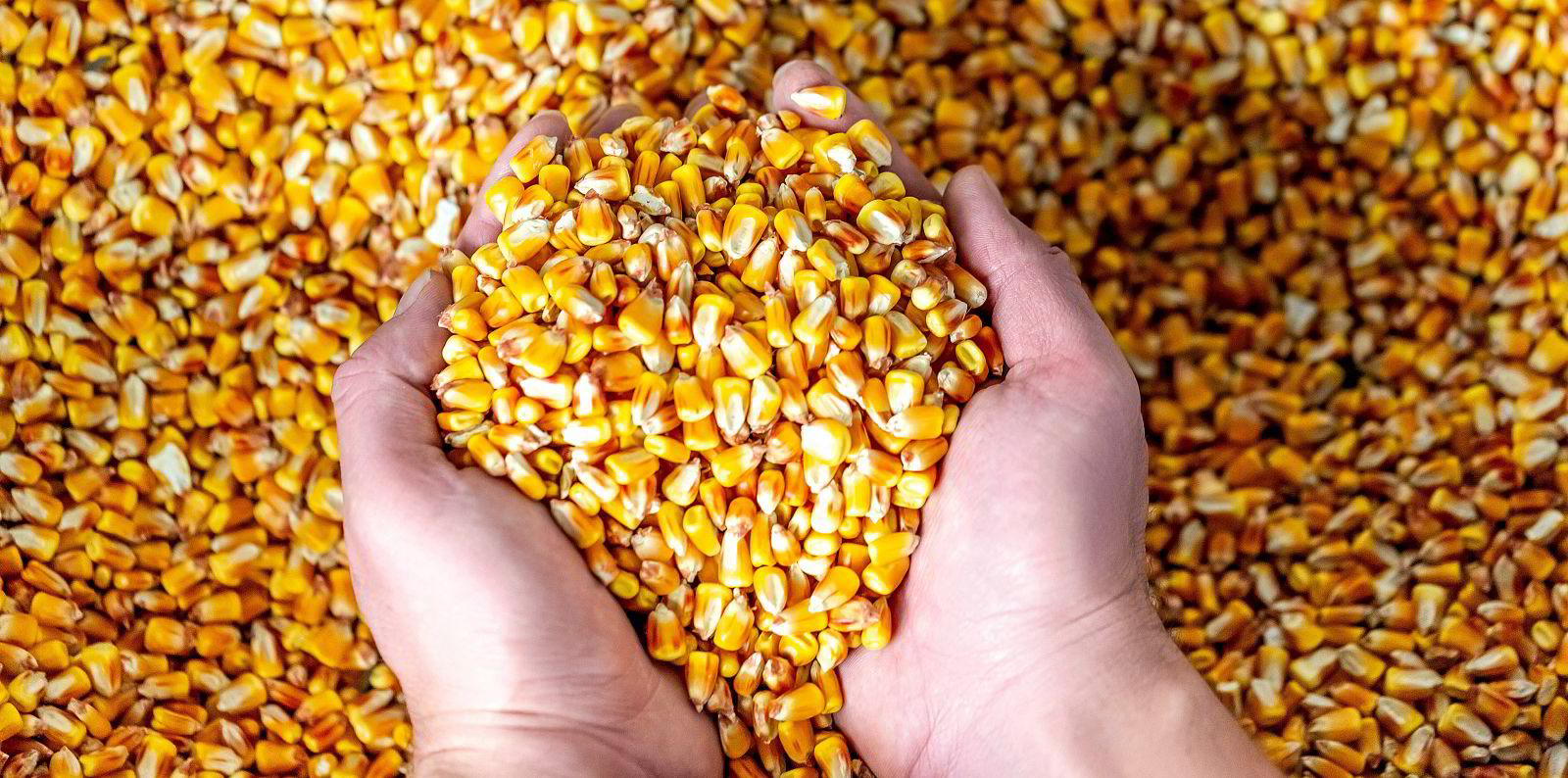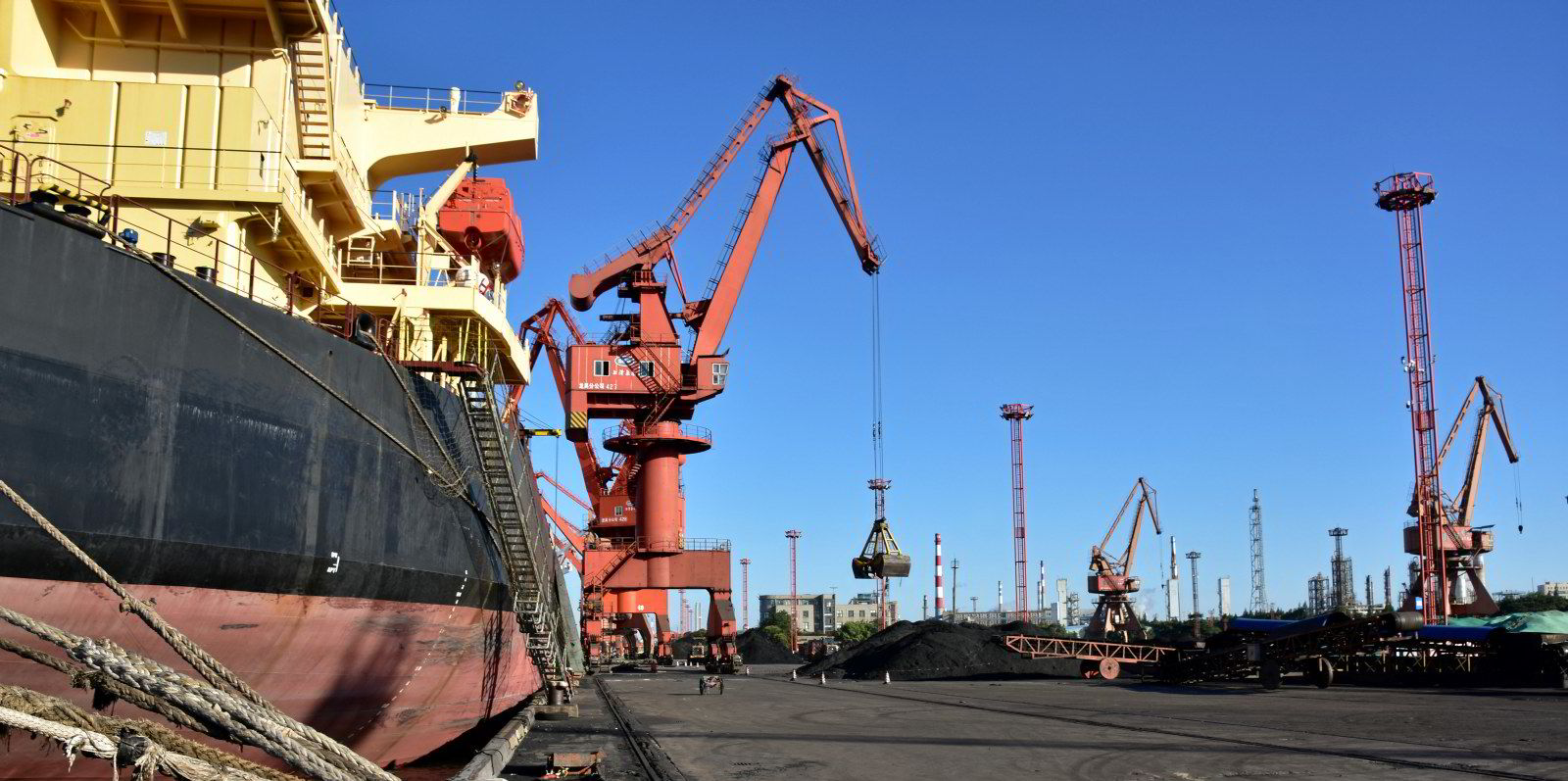Japanese bulker owner Uni-Asia Group is set to payout its highest dividend in a decade following record freight rates in 2021.
The Singapore-listed company achieved a full-year net profit of $18m — its highest net profit since going public in 2007 — reversing a loss of $7.5m seen in 2020.
Uni-Asia saw total income increased by 51% year on year to $69.4m, buoyed by improved charter income and the sale of properties under development.
The significant improvement in cashflow has also enabled Uni-Asia to reduce its borrowings with debt levels slashed over the past 12 months by nearly 27% to $83.8m.
“The shipping market saw a V-shaped recovery in 2021, recovering from a low base in 2020 following Covid-19 related disruptions, underpinned by strong global economic recovery and port congestions straining supplies,” Uni-Asia said.
“Charter income has been on an upward trajectory over the past four quarters, with daily charter rates averaging around $13,500 a day for 2021, significantly higher than the average daily charter rates of about $7,700 a day for 2020.”
Looking ahead, Uni-Asia said Chinese steel production is likely to be weak in the first quarter of 2022 due to the Chinese Government extending restrictions to limit pollution during the Beijing Winter Olympics.
“However, from the second quarter, trade demand is likely to bounce back, boosted by seasonal spike in grain trade and rebound in steel-related trade, thereby driving dry bulk trade demand for the rest of 2022,” the company said.
“As a result, dry bulk rates, including handysize rates, could see a decline in the first quarter of 2022 before recovering from the second quarter onwards.”
Clarksons expects dry bulk tonne-miles trade demand to grow by 2.2% and 1.8% in 2022 and 2023 respectively, while handysize dry bulk ship supply is projected to grow by 1.7% in 2022 and decline by 2.9% in 2023.
“This demand-supply dynamics could mean that the handysize dry bulk market continue to remain robust in the short term,” said Uni-Asia.
The group’s fleet comprises 10 wholly owned Japanese-built handysize bulkers built between 2007 and 2016 and seven ships that it has stakes of 18% and an eighth ship in which has a 49% stake.





